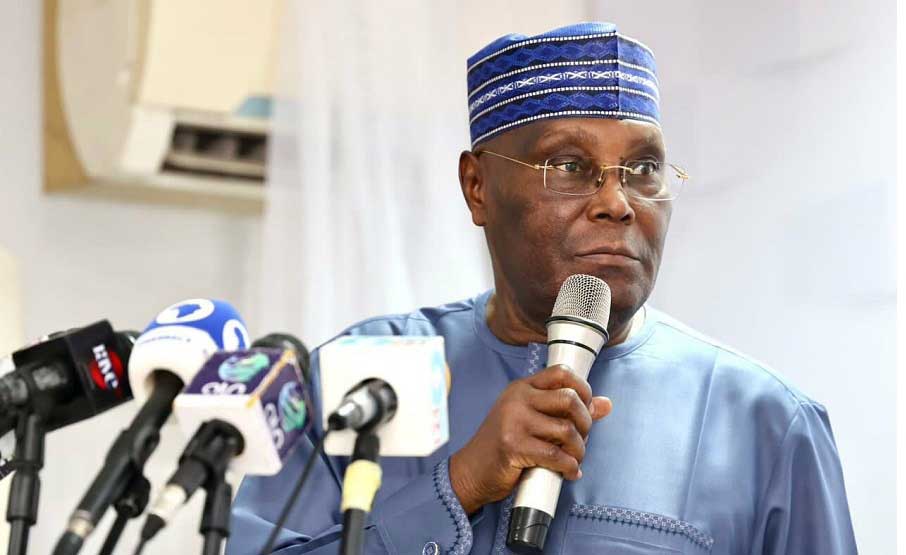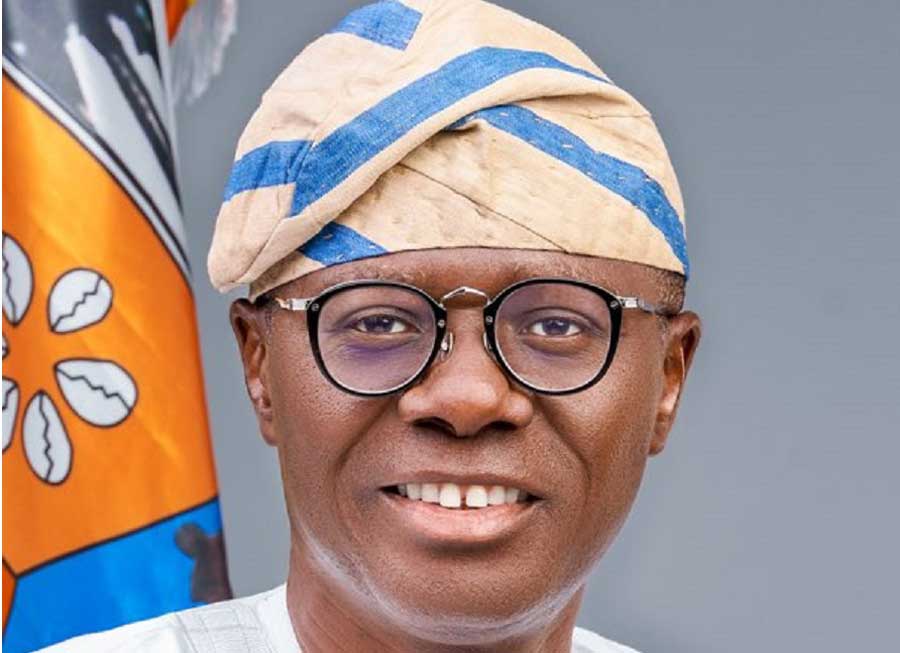Nigeria Pledges $100M to ECOWAS Bank to Boost Regional Development

The Federal Republic of Nigeria is preparing to make another substantial financial commitment of $100 million to the ECOWAS Bank for Investment and Development (EBID) to support regional development initiatives throughout West Africa.
This information was revealed by EBID President, Dr. George Donkor, during discussions with the leadership of ECOWAS institutions and specialised agencies at the First Ordinary Session of the ECOWAS Parliament, currently taking place in Abuja, as reported by the News Agency of Nigeria (NAN).
The parliamentary session provided a platform for the financial institution to outline its achievements and strategic objectives for regional integration, economic advancement, and sustainable development across the subregion.
Donkor revealed that Nigeria maintains the dominant ownership position in the multilateral development bank, controlling roughly 33% of total equity, with Ghana and Ivory Coast holding the next largest stakes.
“Nigeria is the biggest contributor to EBID. Nigeria is in the process of even paying 100 million dollars to the bank,” he said.
Speaking through the bank’s Director of Research and Strategic Planning, MacDonald Goanue, Donkor emphasised that EBID has established itself as the primary financial support system for the ECOWAS region over its 26-year operational history.
The institution has channelled over $2.5 billion into approximately 300 development projects across the West African subregion since beginning operations in 1999, according to his presentation.
“In 2024 alone, the Bank approved 10 new projects worth UA 330.76 million ($439.74 million) and appraised 21 additional projects,” he said.
The bank president reinforced the organisation’s dedication to regional advancement through strategic investments spanning infrastructure development, energy systems, healthcare, agricultural sectors, education, and digital transformation initiatives throughout West Africa.
Major projects highlighted by Donkor include the electrical grid interconnection between Mali and Côte d’Ivoire, solar power installations for 750 community centres in Benin, and the construction of critical bridge infrastructure connecting AIBD to Blaise Diagne Airport in Senegal.
EBID has also enhanced financing opportunities for Medium, Small, and Micro Enterprises (MSMEs) while supporting public-private partnerships, particularly in agro-processing and manufacturing sectors across ECOWAS member states, he added.
“The number of projects benefiting from disbursements increased from 56 in 2023 to 77 in 2024,” he said.
“The annual loan disbursement rate was approximately 20.54% in 2024, slightly down from 21.58% in 2023,” he added.
Donkor underscored the critical importance of collaboration between EBID and the ECOWAS Parliament in achieving regional stability, prosperity, and integration objectives.
The bank has financed numerous private sector initiatives in Nigeria through partnerships with the Bank of Industry, according to the EBID President.
“We have done business with commercial banks and so on, so we do a lot in Nigeria,” he added.
Donkor also disclosed that the Indian government has provided approximately $1 billion in funding facilities to support infrastructure, energy, transportation, and private sector development projects across West Africa since 2006.
The bank president clarified that EBID operates differently from commercial banking institutions, as it does not accept deposits and depends primarily on member state contributions and international financing arrangements for its operations.
Recent developments include the EBID Board of Directors’ approval of a combined financing package totalling €230 million and $10 million, designed to stimulate socio-economic development and regional growth across West Africa.
This funding includes a $180 million credit facility to Mota-Engil Nigeria for the Kano-Maradi standard gauge railway development project.
The railway infrastructure will establish vital connections between northern Nigeria and the Republic of Niger, facilitating enhanced cross-border commerce, economic integration, and regional mobility.
Construction of the rail project is expected to generate more than 100,000 employment opportunities during the building phase and create 20,000 permanent positions once operational activities begin.



